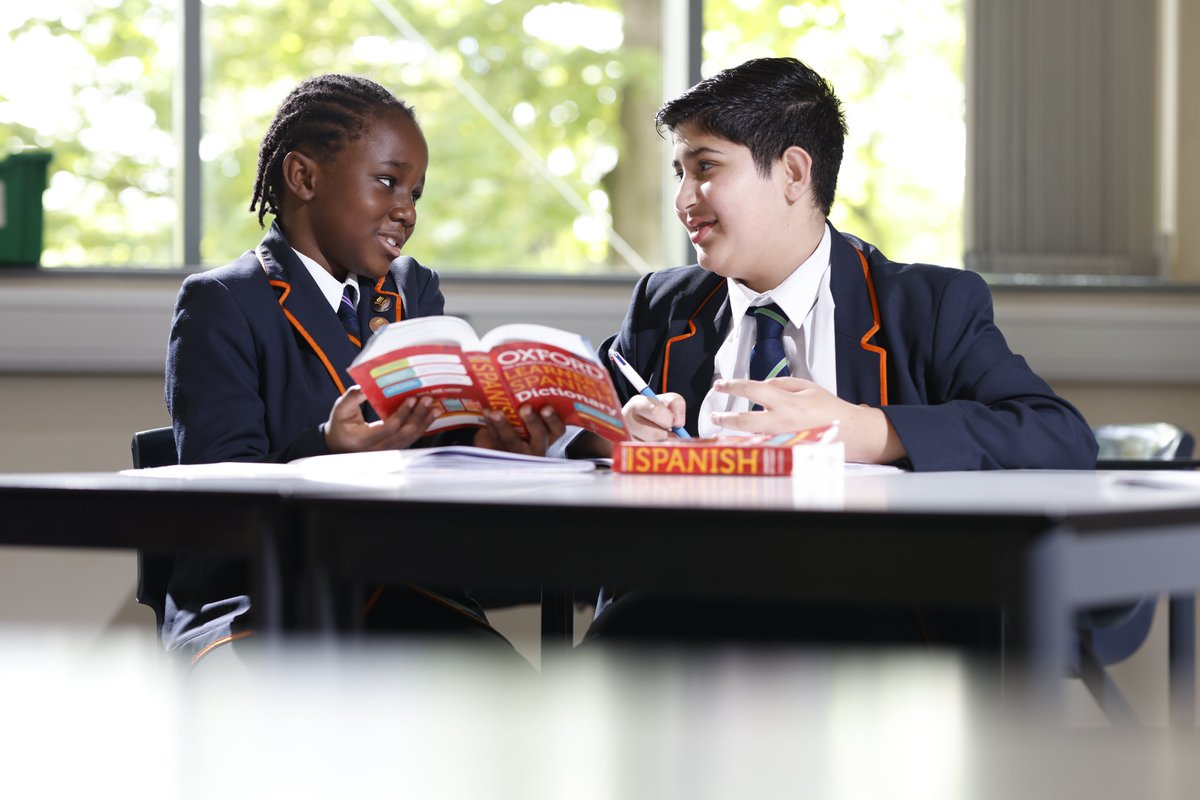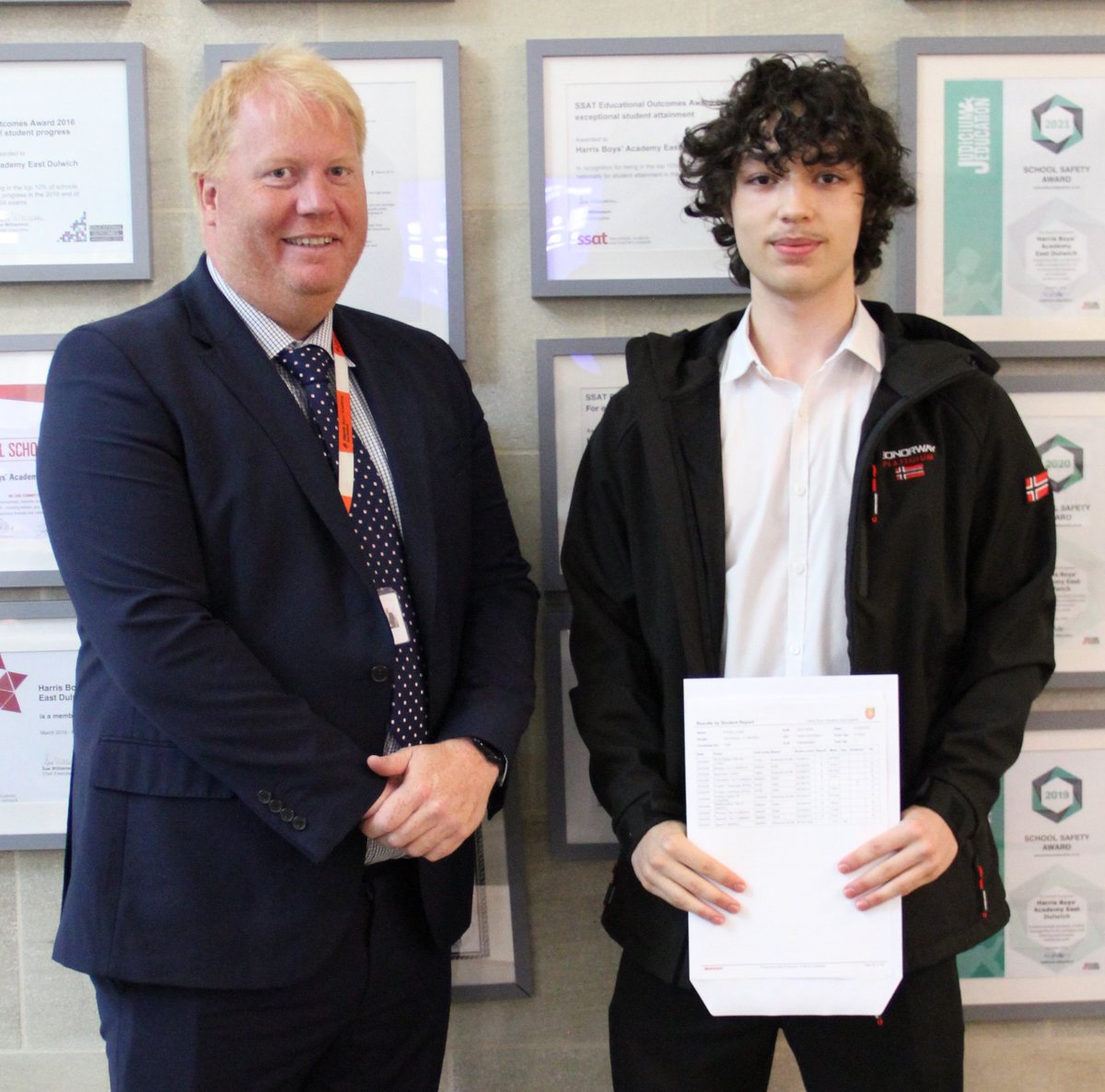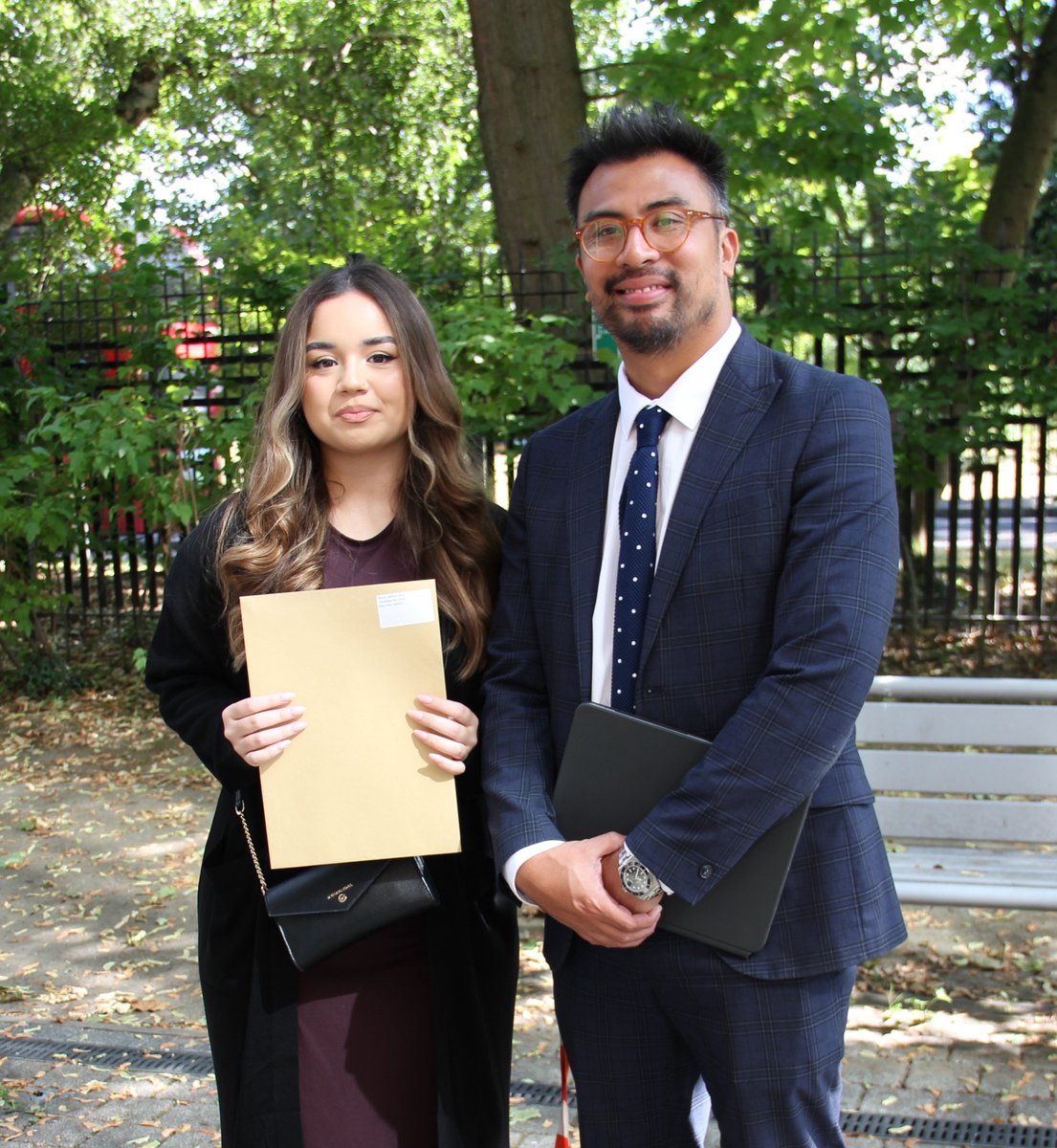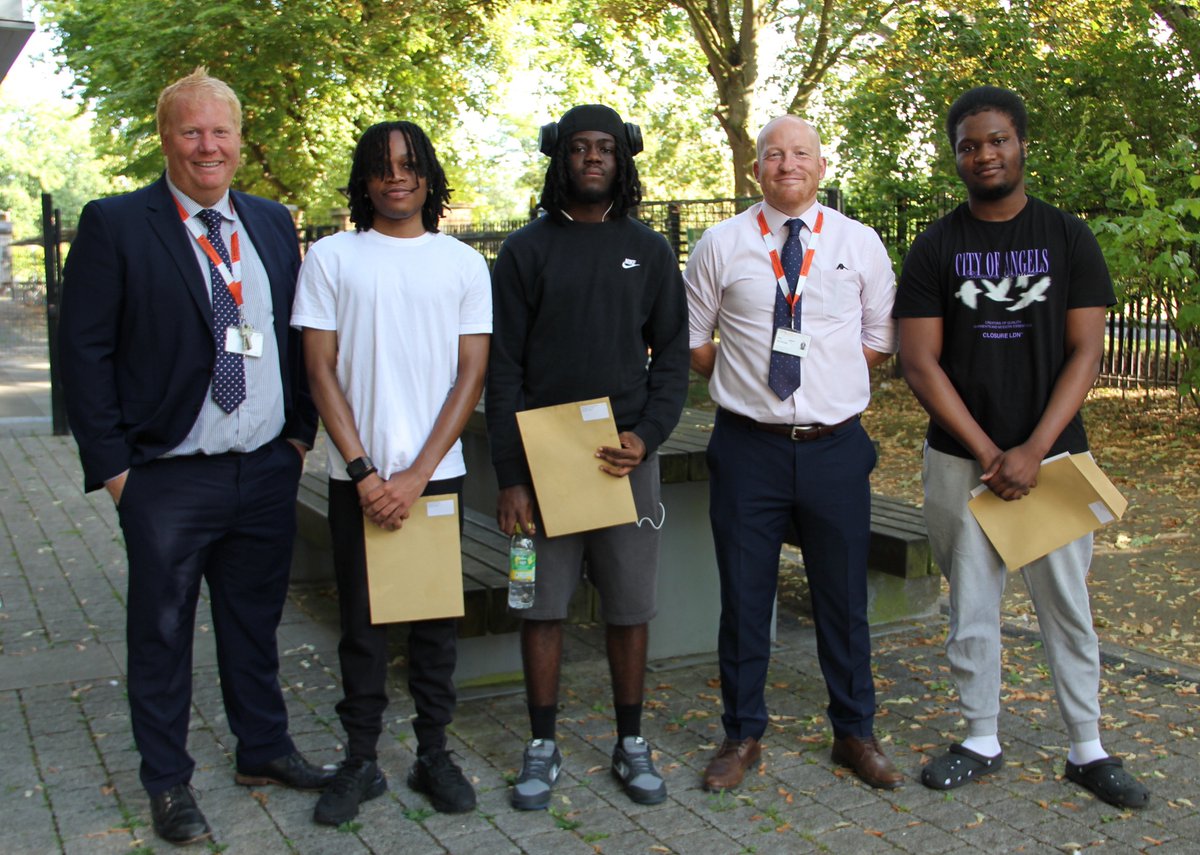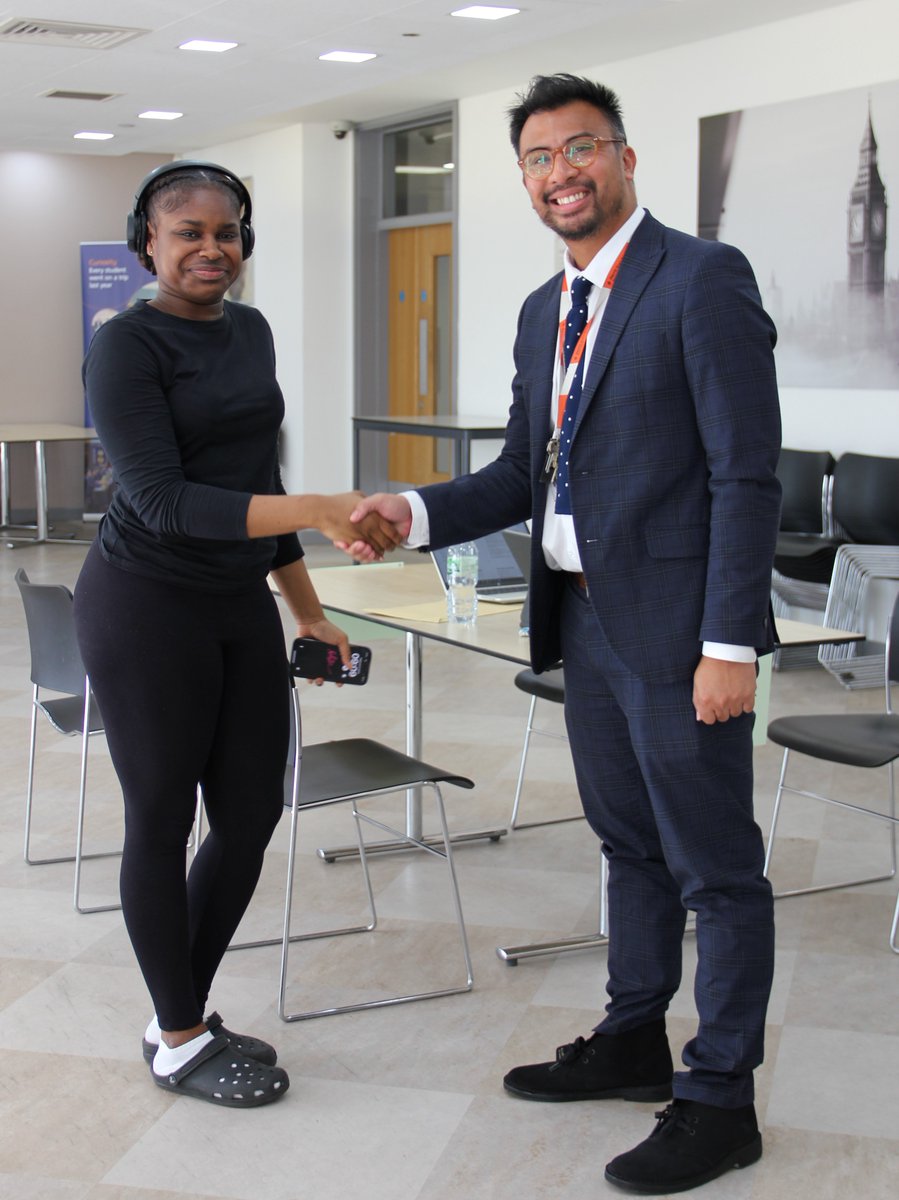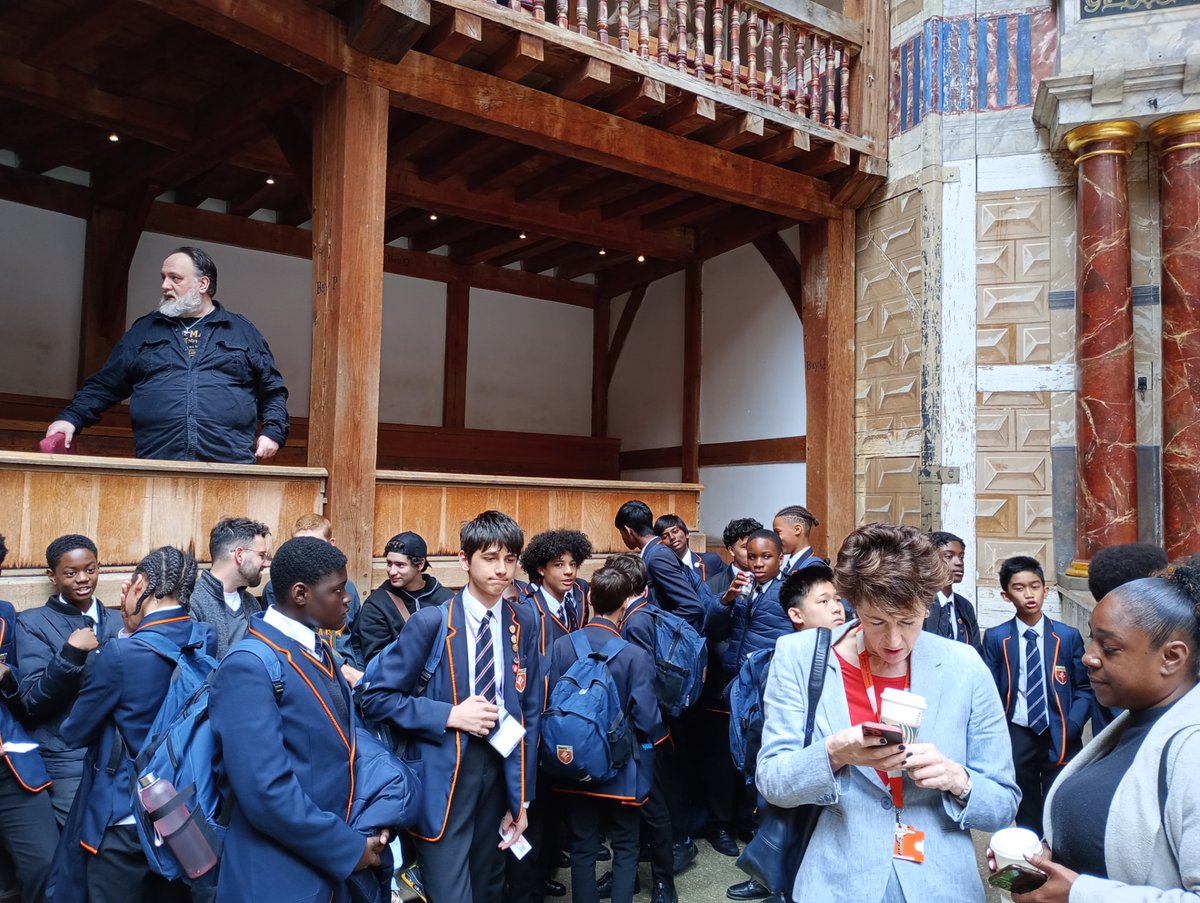Curriculum Implementation
Our academy is a community in which we support and encourage each other to achieve our personal best. We combine the traditional values of discipline, respect and good behaviour with contemporary best practice in teaching, learning and technology.
Teachers take the time to get to know and understand each student. Whether they need to be stretched, are struggling, or are somewhere in the middle, we will always work to inspire the best in all our students.
Children learn best when their school environment is safe, inclusive and welcoming. We have a culture of mutual respect between students and staff, and zero tolerance of bullying in any form.
Bringing learning alive
We provide students with a high-quality education that raises standards and aspirations. This means:
- Offering a full, broad and balanced curriculum, and helping every student find something he excels at
- Keeping class sizes as small as possible, and employing teachers who make learning fun and engaging
- Giving support to students who need it through extra tuition in literacy and numeracy
- Offering a range of specialised courses for our Most Able students
- Setting regular homework – that is centred around Prior, Current and Future knowledge.
- Encouraging debate, participation, and a spirit of enquiry.
What does learning look like?
At Harris Boys’ Academy East Dulwich (HBEAD) we believe it is vital that students finish every learning opportunity knowing more or being better at something than they did before they started. This underpins everything we do in the academy.
When planning and delivering lessons at HBAED, we encourage our staff to use the Harris Learning Cycle. This simple planning format ensures that students do make progress in lessons and over time. It also builds in time for the students to show off their learning – Applied Learning Time (ALT).
The Harris Learning Methodology lesson plan can look like this.

This is based on the Teacher Effectiveness Enhancement Programme (TEEP) Cycle of planning but adapted for the needs of our students.
The main adaptations are:
The Learning Journey – Essential with our students is that they understand why they are learning something and where it fits into their current knowledge and skills. This helps students to see the importance of the lesson in the bigger picture. This was a direct result of feedback from a student focus group.
Applied Learning Time – This is where students actively apply their learning from that lesson and beyond in the lesson. This often an extended written task or number of questions allows the Teacher to analyse the group for misconceptions. It is a valuable part of every lesson with knowledge usually being reviewed from several student books.
Evaluation and Improvement –This is dedicated time to address the misconceptions which teachers have discovered and to give time to students who need to make changes or be extended further in their learning.
We do not insist that all our teachers adopt this method. Some people have individual and unique styles of teaching which can be equally as effective. However, this is the normal approach our students experience. It is a great method because it acts to stimulate the students, get them thinking and then applying what they have learnt. It means that no lesson is ever wasted as they look to gain knowledge and develop skills. Teachers use the Harris Learning Cycle Banner to signpost to students the stage of the learning cycle that they are on to encourage them to think about their learning, encouraging Metacognition and understand the purpose of the task that they are completing.

Teaching and learning pedagogy
Our Teaching and Learning Pedagogy is based on the latest educational research. We do not simply subscribe to one narrative when it comes to outstanding teaching. Instead, we take the best ideas and concepts from a range of research to ensure we are providing the best classroom experience for our students. The key outcome of effective teaching is that by the end of a lesson, students know more and can remember more information than when they started. They have made progress and information has been transferred from their short term to long term memory.
We have six fundamental Teaching and Learning Pedagogy principles that we apply to our lessons to ensure students have the best chance to make progress:
- Interleaving
- Dual Coding
- Spaced Repetition and Retrieval
- Applied Learning Time
- Whole Class Feedback
- Direct Instruction
Each of these is based on current research and we empower our staff to be able to best deploy the techniques in the classroom through outstanding CPD and coaching. For further information, please download our Developing Teacher Pedagogy Handbook.
How do students know how well they are doing?
Teachers give huge amounts of verbal feedback during learning and the importance of this personalised feedback cannot be underestimated. In addition to this we also have Whole Class Marking and Feedback sheets. These are created each Half Term with 6 in total across the year. When feedback sheets are given, the expectation is that most of the lesson would be used to review the sheet and ensure the feedback has impact on the students’ progress by re-drafting or re-doing selected work again.
This process is designed to help support progress in specific subjects and are therefore all unique, but each one will address the core content of Examples of Excellence, Misconceptions, Knowledge, Literacy and Challenge Questions. The Challenge questions ensure that feedback has an impact on student progress. Students should be signposted towards the question or challenge task most appropriate to them. The completion of the challenge question creates a dialogue between the student and the teacher about the work they have completed. This is vital to ensuring that feedback is meaningful and has impact.
How do our staff try to improve?
We have an incredibly talented and dedicated staff here at the academy. Every single member of the team, including all our support staff, knows that our number one aim is for outstanding learning to be taking place all the time. Each individual job people do, makes a difference to this goal.
Our staff are only so good because they have the desire and opportunity to develop their own knowledge and skills through continued professional learning (CPL). One benefit from being part of the Harris Federation is our access to national programmes such as the NPQH, NPQSL and NPQML. These are all designed for leaders at different levels from headship to middle leadership. We have had a number of staff successfully complete these. We also run a series of CPL opportunities within the academy which are personalised for our staff to help them improve specific aspects of the practice. These are completed to an incredibly high standard and allow us to constantly share the outstanding best practice we have taking place here amongst our skilled staff.
What does HBAED learning lead to?
Ultimately, learning at HBAED is about ensuring our students leave the academy with outstanding outcomes which gives them a ‘master key’ to success in the future. We never want to waste a learning opportunity and we want to develop students who can go to make huge contributions to our local community, our capital city and our country. This all starts with the learning in the classroom, each and every lesson they have. We believe this is a great place to learn.
Here are our policies linked to teaching and learning. For more specific information on how we do things here please see our Teaching and Learning Policy which can be downloaded from our Teaching & Learning policies page.






